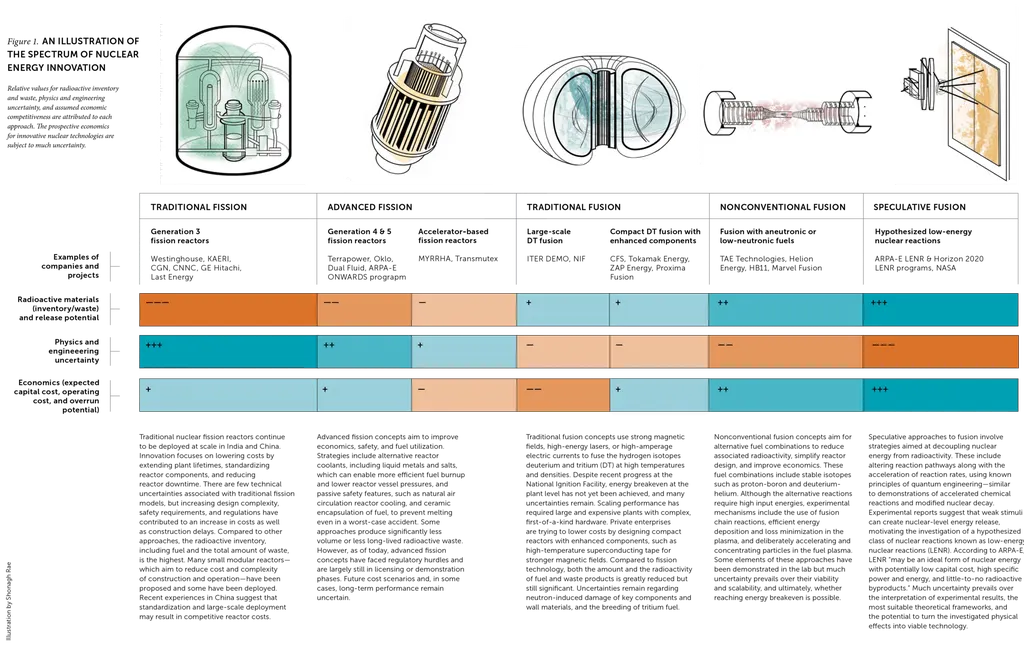In the realm of nuclear physics and energy research, understanding the behavior of particles within nuclei is crucial for various applications, including nuclear energy and advanced materials. Yoshiki Chazono, a researcher from the Department of Physics at Tokyo Institute of Technology, has delved into the intriguing phenomenon of Maris polarization in proton-induced deuteron knockout reactions. This work, published in the journal Physical Review C, offers insights that could have implications for nuclear cluster dynamics and, by extension, the energy sector.
Chazono’s research focuses on the Maris polarization, a concept that describes the effective polarization of a particle within a nucleus due to nuclear absorption and spin-orbit coupling. This polarization has been previously studied in proton knockout reactions but has not been explored in the context of cluster knockout reactions. The study aims to demonstrate the presence of Maris polarization in the proton-induced deuteron knockout (p,pd) reaction under specific kinematic conditions.
The research begins by calculating the spin-correlation coefficient of proton-deuteron (p-d) elastic scattering, an elementary process, to identify suitable kinematics for observing the Maris polarization. The calculations reveal large positive values around p-d scattering angles of approximately 40 degrees, which align with experimental data. Building on this, Chazono then calculates the vector analyzing power (Ay) of the (p,pd) reaction at 250 MeV in forward kinematics for deuteron-cluster orbits with total angular momenta (j) of 1, 2, and 3.
The results show that the calculated Ay is positive for j = 3 and negative for j = 1, indicating effective upward and downward polarizations of the deuterons in the nucleus, respectively. For j = 2, the calculated Ay lies between these values but is not yet fully understood. This research theoretically demonstrates that Maris polarization occurs in the (p,pd) reaction under imbalanced kinematics, providing a potential indicator of the presence and orbital motion of deuteron clusters in nuclei.
While the practical applications of this research to the energy sector are not immediate, understanding the fundamental behavior of nuclear clusters and their dynamics can have long-term implications. For instance, insights into nuclear structure and reactions can inform the development of advanced nuclear fuels, improve reactor design, and enhance safety protocols. Additionally, a deeper understanding of nuclear physics can contribute to the development of new materials and technologies for energy storage and conversion.
Further experimental and theoretical studies are required to improve the quantitative understanding of the Maris polarization effect, particularly for j = 2. As Chazono notes, this work provides a foundation for future research aimed at establishing the presence and orbital motion of deuteron clusters in nuclei, which could ultimately benefit the energy industry through enhanced nuclear technologies and materials.
This article is based on research available at arXiv.

